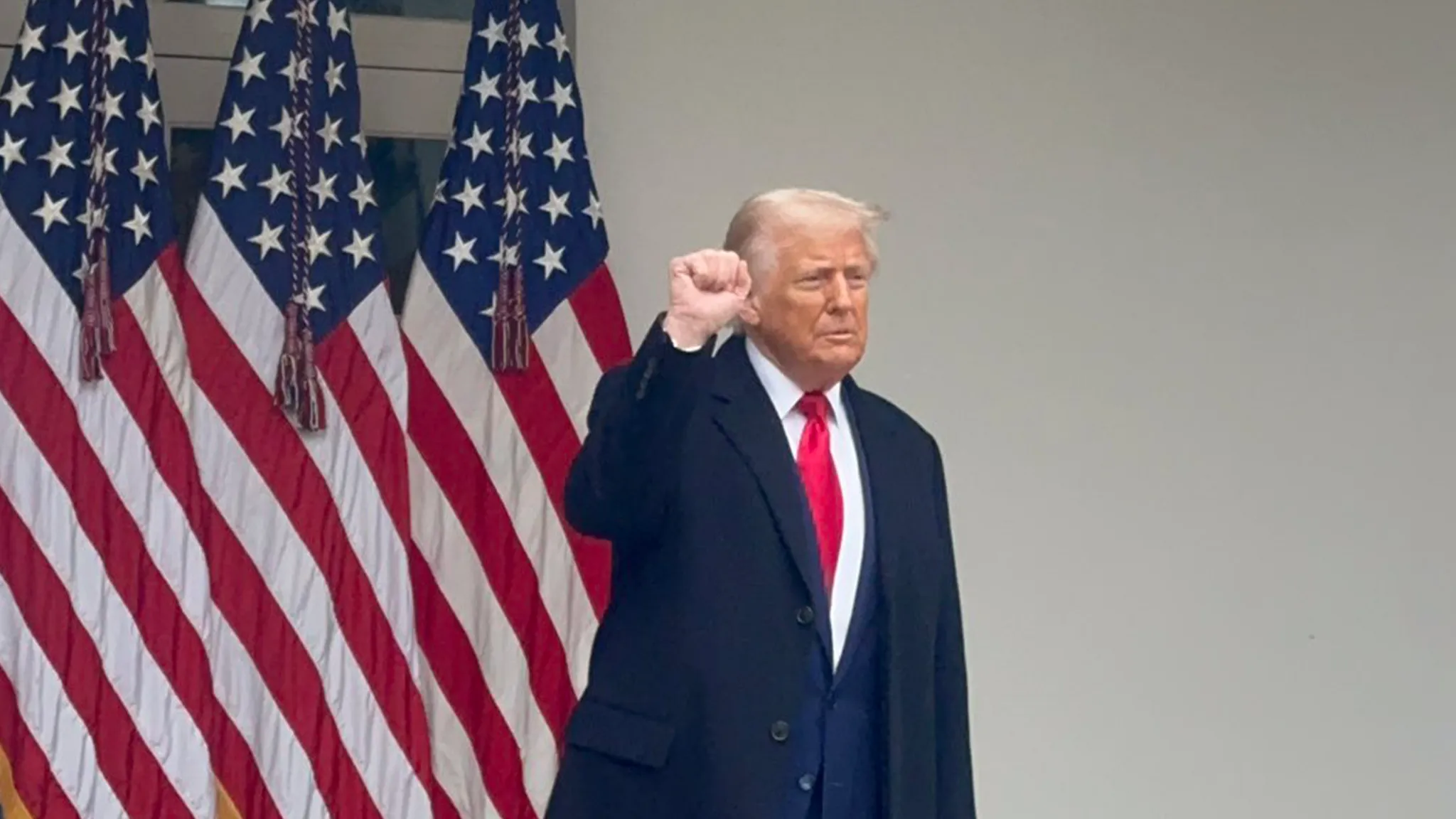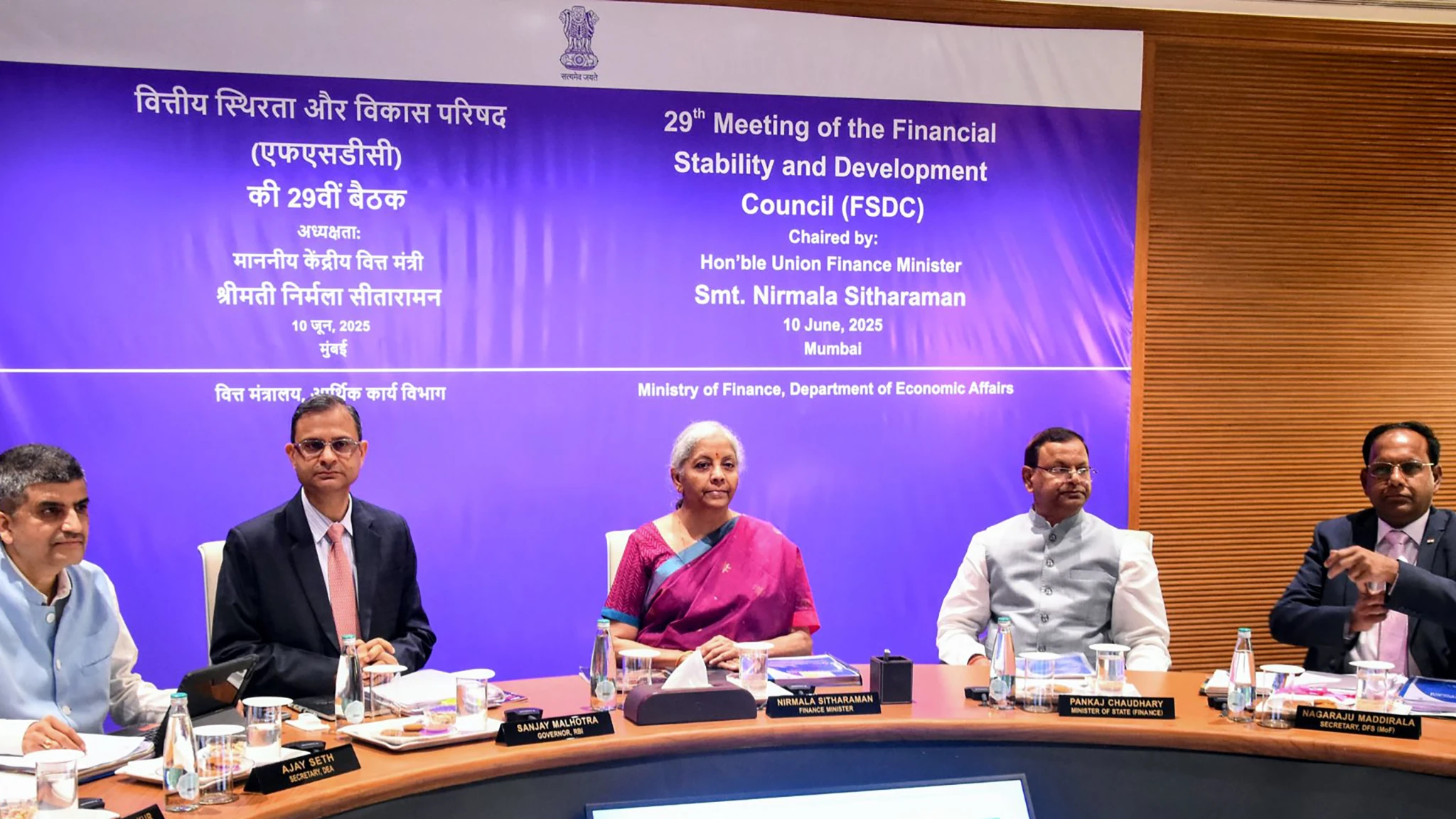The backdrop of the White House Rose Garden may have been calming, but the economic tremors unleashed by US President Donald Trump’s sweeping tariffs on Wednesday, 2nd April, are anything but. Declaring it ‘Liberation Day’, Trump’s reciprocal tariffs, ranging from 10 to 60 percent, are touted as retaliation for decades of alleged economic exploitation of the US. But is liberation truly at hand, or is this a plunge into economic uncertainty?
‘Liberation’ or Economic Peril?
The US economy, heavily reliant on imports, risks significant consumer price hikes due to these tariffs. This demand dampener could easily tip the nation towards recession. Research suggests that prolonged elevated tariffs could sharply curtail growth and deter investment, effectively making ‘Trump 2.0’ a race against time. The US Federal Reserve’s ability to counter this with rate cuts would be constrained by the inflationary pressure these tariffs are likely to generate.
Global Order in Disarray
The repercussions extend far beyond US borders. Global growth forecasts, already adjusted downwards by the Organisation for Economic Co-operation and Development a fortnight ago, face further strain. The tariffs exacerbate existing geopolitical uncertainties, compelling economies worldwide to scramble for policy adjustments. As Manas Chakravarty aptly puts it, Trump may have just nailed the coffin of the 80-year old Rules-Based International Order, ushering in an era defined by “chaos, uncertainty and might is right”. Even allies and rivals are unsettled, with China facing a staggering 54 percent tariff burden (including previous levies), and Japan and the European Union facing substantial duties as well. The diplomatic fallout, as Edward Luce notes, could be enduring, pushing nations to forge alliances that bypass America, undermining US transactional diplomacy through eroded trust.
RBI’s Cautionary Note
Closer home, while Indian markets show a mixed reaction with sectors like IT and auto facing headwinds and pharmaceuticals gaining slightly, the broader financial sector is under increased scrutiny. The Reserve Bank of India’s (RBI) “letter of displeasure” to Bajaj Finance over its co-branded credit card business serves as a stark reminder of the regulatory vigilance in these uncertain times. Reports indicate RBI concerns about Bajaj Finance’s proactive risk management and internal controls, mandating stricter compliance and audits for future co-branding ventures. This action underscores a broader trend: as global economic currents turn turbulent, domestic financial regulators are tightening the reins, ensuring stability within their national boundaries.
Navigating this new global landscape requires a keen understanding of both international trade dynamics and domestic regulatory shifts. Businesses must brace for increased volatility and prioritise robust risk management strategies to weather the tariff storm and regulatory tightening.
Image Courtesy: X (KatiePavlich)










Leave a Reply